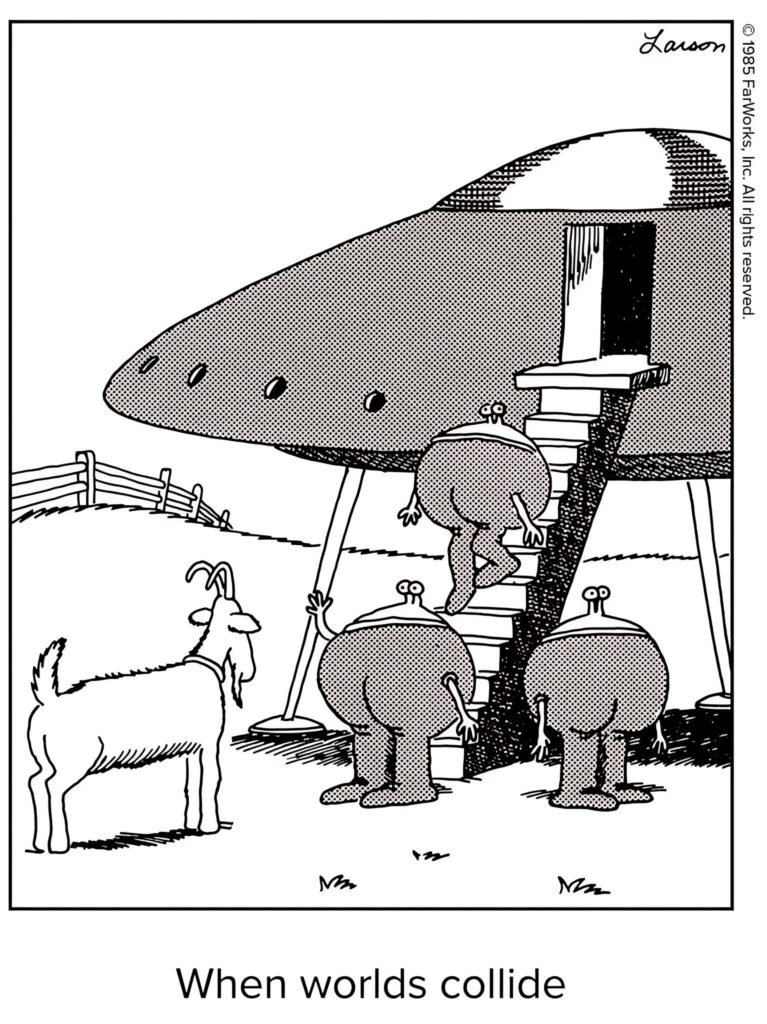Category Archives: Uncategorized
’Mountainhead’ Too Bro Heavy
Mountainhead wants to bite, but ends up gumming its audience.
Jesse Armstrong’s satire of tech titans marooned in a snowbound mansion arrives with all the right ingredients: a sharp-witted script, a killer cast, and a premise ripped from the headlines. But somehow, the thing never quite cooks.
Venis Parish (Cory Michael Smith), the jittery creator of the misinformation-spewing social platform Traam, holes up with fellow billionaires Jeff Abredazi (Ramy Youssef), Hugo “Souper” Van Yalk (Jason Schwartzman), and Randall Garrett (Steve Carell) as society crumbles outside. The setup promises dark laughs and savage skewering.
It delivers some.
Armstrong’s dialogue crackles early. The actors land their lines with deadpan precision, and there are stretches where the film hums with the energy of Succession at its best. You sense what Mountainhead could’ve been.
But the characters drift toward cartoon. Their odd behavior, intended as a critique of tech-world narcissism, too often strains believability. Schwartzman’s Van Yalk, in particular, feels plucked from a different movie entirely—his manic energy clashing with the film’s cooler tone.
The story, too, loses its grip. What starts as a tight chamber piece begins to fray in the second half, collapsing into broad farce. The satire gets blunt. The tension leaks away.
Visually, the film does little to compensate. The single setting grows stale. By the final scenes, even the actors seem boxed in.
Which is a shame, because buried here is a sharper movie—one that skewers tech arrogance without slipping into caricature, one that sustains its bite from first frame to last.
As it stands, Mountainhead wobbles. Not a disaster. Not a triumph. Just another would-be satire stuck halfway up the hill.
‘Implosion’ Captures Terror of Hubris
Implosion: The Titanic Sub Disaster is a chilling reminder of what happens when hubris dives deeper than reason.
Directed and produced by Pamela Gordon, this BBC and Discovery Channel cproduction methodically reconstructs the 2023 OceanGate Titan tragedy, where five lives were lost in a catastrophic implosion during a dive to the Titanic wreck.
Gordon’s film, unlike the sub, is sharp and tightly built.
It draws on exclusive access to the U.S. Coast Guard investigation and presents some haunting audio from the support ship Polar Prince, which recorded the silence that followed the loss of contact with Titan.
From there, Implosion unpacks how this dive ever got approved. Engineers, former OceanGate staffers, and marine experts give damning testimony about the sub’s flaws—chief among them Stockton Rush’s insistence on using carbon fiber for a hull meant to withstand crushing pressures miles beneath the ocean surface.
Rush’s own words, captured in archival interviews where he openly dismisses standard safety practices, prove more revealing than any commentary. The documentary wisely lets them speak for themselves.
The film also gives space to the personal loss. Christine Dawood, who lost her husband and son aboard Titan, provides an unflinching account of the human cost of this disaster. Her testimony adds weight without tipping into melodrama.
If the documentary has a shortfall, it is its lack of a broader dive into how regulatory gaps allowed OceanGate to operate with so little oversight. It touches on the issue but leaves much unsaid. For a film that deals so effectively with engineering failures and personal tragedy, this missing piece stands out.
Still, Implosion is a strong, unvarnished work. It doesn’t sensationalize. It doesn’t overreach.
It tells the story like the Titanic’s fate—cold and clear.



